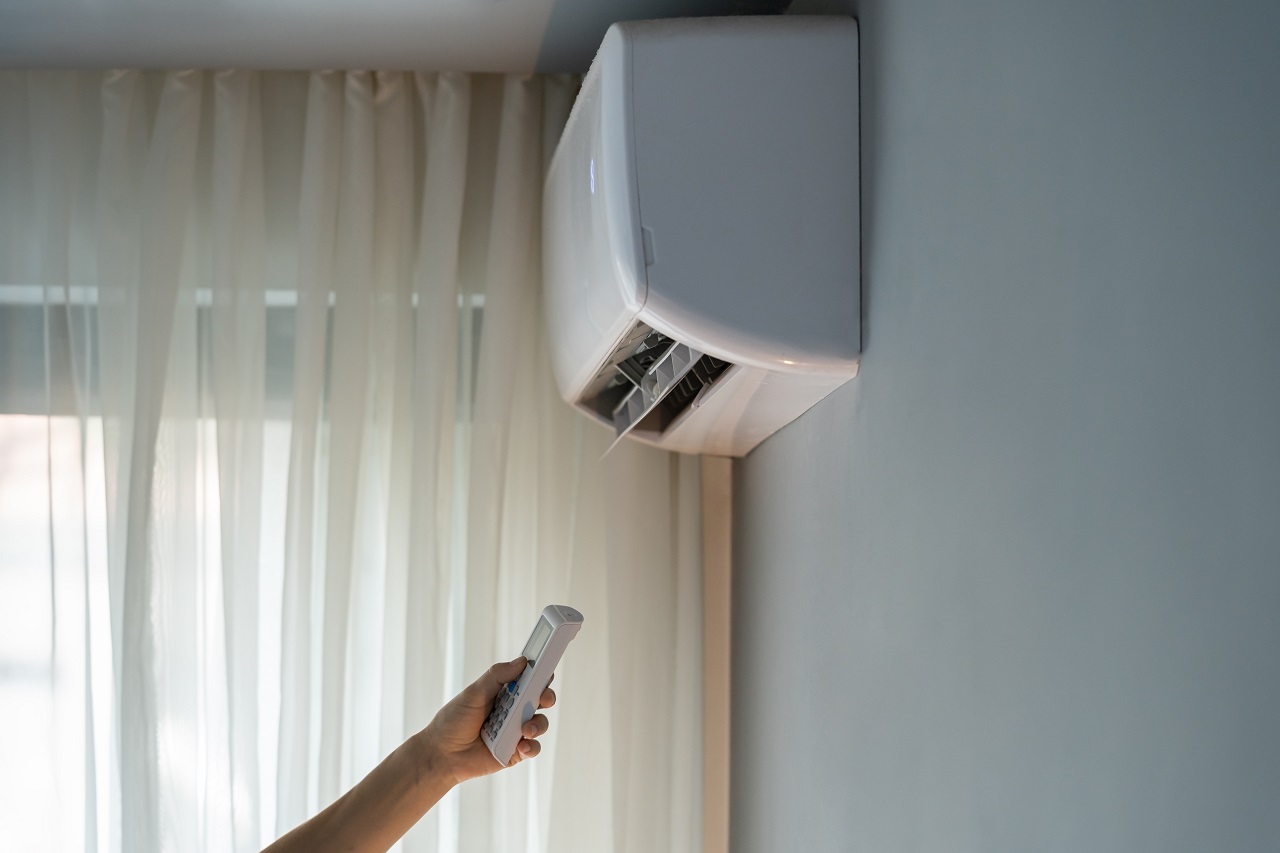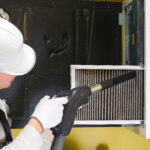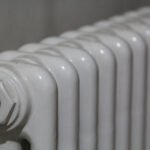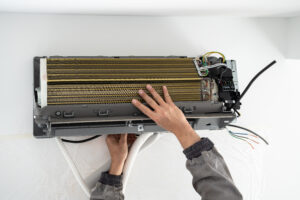
Choosing the right air conditioner for your home can make a big difference in your comfort and energy bills. With so many options available, it’s important to understand what to look for. Whether you’re replacing an old unit or installing a new one, making the right choice can keep you cool and save you money.
Several factors come into play when selecting an air conditioner. It’s not just about picking the cheapest or the most expensive model. You need to consider the size of your home, your budget, and the energy efficiency of the unit. Understanding these factors helps you find an air conditioner that works well for your specific needs.
Knowing the different types of air conditioners can also guide your decision. From window units to central air systems, each type has its benefits and drawbacks. Some are better suited for small spaces, while others work better for entire homes. By learning about these options, you can choose the one that fits your home best.
Factors to Consider When Choosing an Air Conditioner
Selecting the right air conditioner involves more than browsing a few models. Several key factors need consideration:
Size of Your Home: The size of your home impacts the type of air conditioner you need. An AC unit that’s too small won’t cool your home effectively, while one that’s too large can lead to unnecessary energy consumption and cost. Measure your space to understand the BTU (British Thermal Units) requirements for efficient cooling.
Budget: Air conditioners come in various price ranges. Think about your budget, including installation and long-term operating costs. While it’s tempting to go for the cheapest option, investing in a reliable, energy-efficient unit can save you money over time.
Climate Control Needs: Consider your specific climate control needs. Some models offer features like variable speed compressors or smart thermostats. These features can provide better comfort and control but may come at a higher price.
Noise Level: Noise can be a crucial factor, especially if you plan to install the air conditioner in a bedroom or living room. Check the noise levels reported in decibels (dB) to ensure the unit won’t be disruptive.
Brand and Warranty: Choose a reputable brand known for reliability and good customer support. Also, review the warranty offerings; a longer warranty often indicates better quality and durability.
Taking the time to carefully consider these factors will help you choose an air conditioner that fits your home and meets your needs.
Different Types of Air Conditioners
There are various types of air conditioners, each designed to meet different cooling needs. Understanding these types can help you choose the best one for your home.
Window Air Conditioners: These are ideal for cooling single rooms. They are affordable and easy to install. Simply place the unit in your window, and it will cool the room effectively. However, they can obstruct the view and may not be suitable for large spaces.
Split-System or Ductless Air Conditioners: These units consist of an outdoor compressor and indoor air-handling unit. They are ideal for cooling multiple rooms without the need for ductwork. They offer more flexibility in installation and are quieter than window units. They tend to be more expensive but offer greater efficiency and zone cooling.
Central Air Conditioning Systems: These systems cool the entire house through a network of ducts. They provide uniform cooling and work with your existing heating system. Central air is more expensive to install but offers the best overall comfort and efficiency.
Portable Air Conditioners: These units are mobile and can be moved from room to room. They are easy to set up and ideal for temporary cooling needs. On the downside, they tend to be less efficient and noisier compared to other types.
Hybrid Systems: These combine a traditional air conditioner with an electric heat pump. They switch between fossil fuels and electric power to save energy and reduce costs. Hybrid systems are perfect for regions with hot summers and cold winters.
Understanding the different types of air conditioners will help you make an informed decision based on your specific needs and home setup.
Energy Efficiency and Cost Considerations
When selecting an air conditioner, it’s important to think about energy efficiency and costs. An energy-efficient unit helps reduce your energy bills and lowers your carbon footprint.
Energy Star Rating: Look for units with the Energy Star label. These air conditioners meet strict energy efficiency guidelines set by the U.S. Environmental Protection Agency. They use up to 15% less energy than standard models, helping you save on your electricity bills.
Seasonal Energy Efficiency Ratio (SEER): The SEER rating measures the efficiency of cooling equipment. Higher SEER ratings indicate better energy efficiency. Air conditioners with a SEER rating of 14 or higher are considered efficient. Investing in a high-SEER unit may cost more upfront but can save you money in the long run through reduced energy consumption.
Initial and Operating Costs: While energy-efficient models tend to have higher initial costs, they can result in lower operating expenses over time. Calculate the total cost of ownership, which includes the purchase price, installation fee, and projected energy costs.
Incentives and Rebates: Some energy-efficient air conditioners qualify for rebates or tax incentives. Check with local utility companies or state programs to see if you can take advantage of any financial incentives to offset the initial cost.
By considering energy efficiency and cost, you can choose an air conditioner that not only keeps your home cool but also saves you money over time.
Installation and Maintenance Tips
Proper installation and regular maintenance are key to getting the most out of your air conditioner. Here’s what you need to know:
Professional Installation: Hire a qualified technician to install your air conditioner. Improper installation can lead to reduced efficiency and higher energy bills. A professional will ensure the unit is correctly sized, sealed, and placed in the optimal location for best performance.
Clean or Replace Filters: Dirty filters can block airflow and reduce the efficiency of your air conditioner. Clean or replace filters every 1-3 months to keep your unit running smoothly. This simple task can improve air quality and extend the life of your system.
Inspect Ductwork: If you have a central air system, inspect the ductwork for leaks or blockages. Sealing leaks can improve efficiency by ensuring that cool air reaches all parts of your home.
Regular Maintenance Checks: Schedule annual maintenance checks with a professional. Regular inspections can identify potential issues before they become major problems. A technician will clean the coils, check refrigerant levels, and ensure all components are functioning properly.
Keep the Area Clear: Make sure the area around your outdoor unit is clear of debris, plants, and other obstructions. Proper airflow around the unit is crucial for efficient operation.
Following these installation and maintenance tips can help your air conditioner operate efficiently and last longer, keeping your home comfortable year-round.
Conclusion
Choosing the right air conditioner for your home involves careful consideration of several factors, from the type of unit to its energy efficiency and installation requirements. It’s important to understand these aspects to make an informed decision that will keep your home comfortable and your energy bills under control.
Regular maintenance and proper installation are also essential for ensuring your air conditioner performs well and has a long lifespan. Simple tasks like cleaning or replacing filters and annual professional check-ups can make a big difference.
Remember, keeping your home cool and comfortable doesn’t have to be complicated or expensive. By following the tips in this guide, you can find the perfect air conditioner for your needs and maintain it effectively.
For expert advice, installation, and professional HVAC services, contact Turner On Services. Our experienced team is ready to help you achieve optimal comfort and efficiency in your home. Call us today to schedule an appointment and experience a cooler, more comfortable living space.




